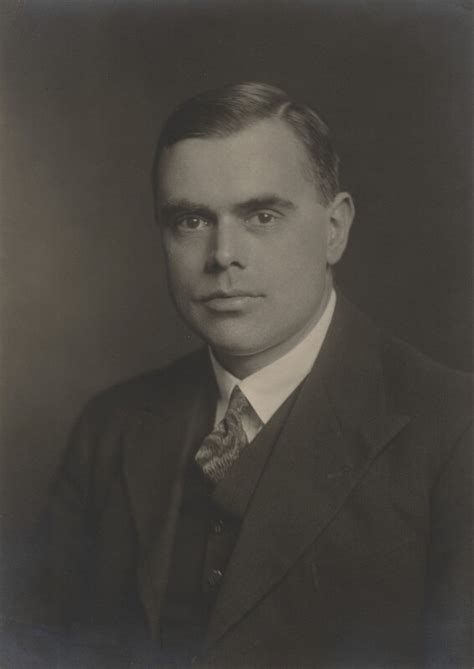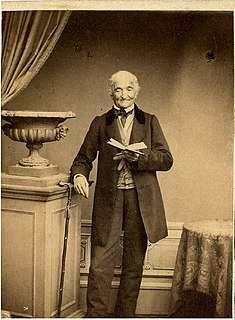A Quote by Francine Prose
What’s strange is how many beginning writers seem to think that grammar is irrelevant, or that they are somehow above or beyond this subject more fit for a schoolchild than the future author of great literature.
Related Quotes
The selection of a subject is to the author what choice of position is to the general,--once skilfully determined, the battle is already half won. Of a few writers it may be said that they are popular in despite of their subjects--but of a great many more it may be observed that they are popular because of them.
Perhaps the most surprising thing about mathematics is that it is so surprising. The rules which we make up at the beginning seem ordinary and inevitable, but it is impossible to foresee their consequences. These have only been found out by long study, extending over many centuries. Much of our knowledge is due to a comparatively few great mathematicians such as Newton, Euler, Gauss, or Riemann; few careers can have been more satisfying than theirs. They have contributed something to human thought even more lasting than great literature, since it is independent of language.
Books should confuse. Literature abhors the typical. Literature flows to the particular, the mundane, the greasiness of paper, the taste of warm beer, the smell of onion or quince. Auden has a line: "Ports have names they call the sea." Just so will literature describe life familiarly, regionally, in terms life is accustomed to use -- high or low matters not. Literature cannot by this impulse betray the grandeur of its subject -- there is only one subject: What it feels like to be alive. Nothing is irrelevant. Nothing is typical.
The wonderful fortune of some writers deludes and leads to misery a great number of young people. It cannot be too often repeated that it is dangerous to enter upon a career of letters without some other means of living. An illustrious author has said in these times, "Literature must not be leant on as upon a crutch; it is little more than a stick.
I am what some would say 'holy, and wholly other than you.' The problem is that many folks try to grasp some sense of who I am by taking the best version of themselves, projecting that to the nth degree, factoring in all the goodness they can perceive, which often isn't much, and then call that God. And while it may seem like a noble effort, the truth is that it falls pitifully short of who I really am. I'm not merely the best version of you that you can think of. I am far more than that, above and beyond all that you can ask or think.
It's difficult not to color our perception of author's product with his personality. There are so many examples of this. What do we think of Ezra Pound - clearly a great poet and clearly kind of an asshole? You can say the same thing about Louis-Ferdinand Céline, who clearly was a Nazi sympathizer, and yet one of the great writers of the 20th century. It is tough, but there are enough examples around where we have to somehow find a way of separating the work from the artist and seeing what there is to see in the work, while also condemning the thoughts we see in the man.
There are some great writers who are great talkers, but there are more great writers who are not great talkers. People seem to think there is some connection between talking and writing, but I love to talk and if there were some connection between the two of them I would be the most prolific writer in the history of the world.
Let's say I've directed that [writing] energy into writing my latest book but suddenly, I really want to write about an onion. I don't say to myself, "No, you have stay on the subject," because I know that the longer I stay on the subject the more boring I get. So, if my mind wants to write about an onion, it might be a deeper way to go into what I'm working on, even though it might seem irrelevant. This is how I've learned to follow my mind.
On the whole, infinity is a fairly palpable aspect of this business of publishing, if only because it extends a dead author's existence beyond the limits he envisioned, or provides a living author with a future he cannot measure. In other words, this business deals with the future which we all prefer to regard as unending.







































